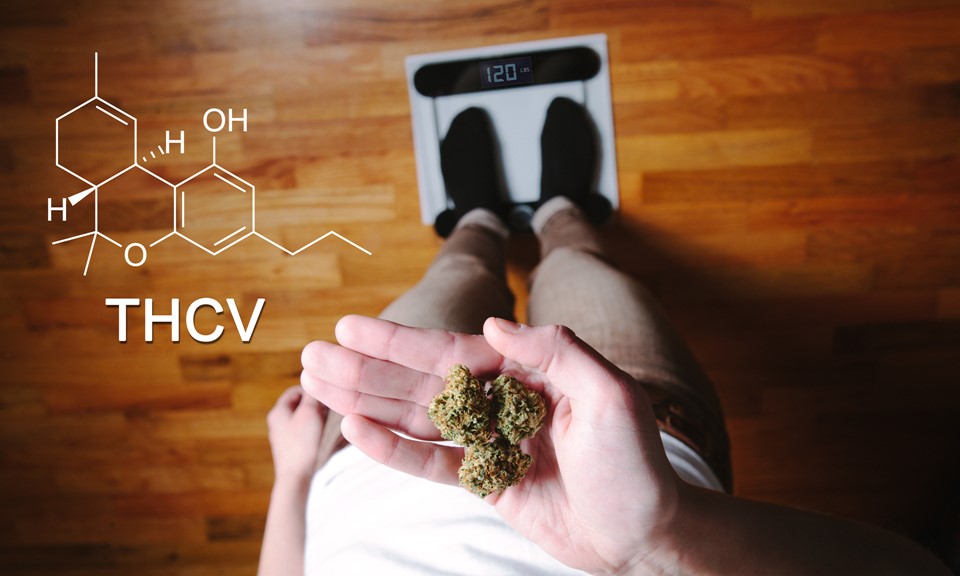Tetrahydrocannabivarin (THCV) is a cannabinoid substance found in marijuana and hemp plants. It's chemically comparable to tetrahydrocannabinol (THC) however with some crucial distinctions. Here's everything you need to learn about THCV consisting of the dangers, benefits, differences, and similarities with other forms of THC and more. What Is THCV? THCV is a less common cannabinoid found in some pressures of marijuana, particularly African sativa.
 THCV The Benefits of The Little-Known Cannabinoid
THCV The Benefits of The Little-Known Cannabinoid
 What is THCv Cannabinoid Explained - leafipedia.net
What is THCv Cannabinoid Explained - leafipedia.net
 What is THCv Cannabinoid Explained - leafipedia.net
What is THCv Cannabinoid Explained - leafipedia.net
THCV has a 3-carbon side chain rather than THC's 5-carbon side chain. This distinction is subtle, but it has a visible effect on the impact profile. THCV is rather psychedelic however only about and about. What Does THCV Feel Like? THCV has a strong energy-boosting part to it, which makes it specifically popular among trainees and professional athletes.
In the United States, THCV regulation is nuanced. THCV is not a Schedule I Drug, however marijuana extracts are making it somewhat ambiguous what the federal position is on THCV. The 2018 Farm Expense states that hemp plants and all derivatives of the plants are legal on a federal level, numerous business abide by this law and still offer THCV to clients by just drawing out the substance from hemp plants.
If THCV is considered a THC analog, it could be managed in the future by the exact same rules as THC under the Federal Analog Act. This act states that any substance that shares a comparable molecular profile as a known prohibited substance it's consisted of in the exact same drug Schedule classification.
What Are the Effects of THCV? Supporters of THCV report that it produces an extreme burst of energy and makes them feel blissful without the mental cloudiness triggered by THC. The results are super moderate compared to THC. The effects are practically specifically cognitive yet in some way have very little effect on headspace.
2. THCV & Appetite Some THCV users claim that it curbs their hunger. This is a typical effect of other focus-enhancing substances as well. It's as though THCV removes the diversion of other bodily processes (like cravings) in order to preserve resources and attention to cognitive tasks rather. How Does THCV Work? Cannabinoids produce biological impacts in the human body by communicating with endocannabinoid receptors.
CB1 receptors lie in the nerve system and connect with neurotransmitters in the brain to produce mind-altering effects. Interaction with CB1 websites is what gives some cannabinoids like THC their psychoactivity. THCV is a bit difficult to understand since it's mainly a CB1 villain, indicating it has the opposite result as THC.
While scientists are still looking for to comprehend this procedure, it appears THCV is able to obstruct the results of CB1 in low doses and promote them in high doses. CB2 receptors are found mainly in the body immune system. THCV is a partial agonist of CB2, however the results of this partial activity aren't widely known, and it seemingly has no noticeable influence on THCV users' experience.
As discussed in the previous section, THCV is a CB1 antagonist in low doses which is the precise opposite effect of delta 8 and delta 9 THC. This might indicate that THCV combats some of the psychedelic results of THC. This result could describe why individuals who utilize THCV feel so clear-headed specifically compared to the well-known "fogginess" induced by delta 9 THC.